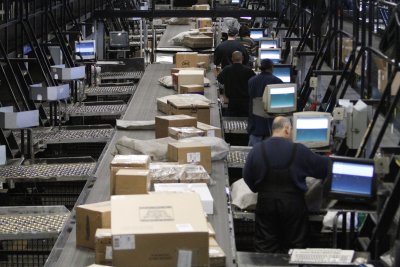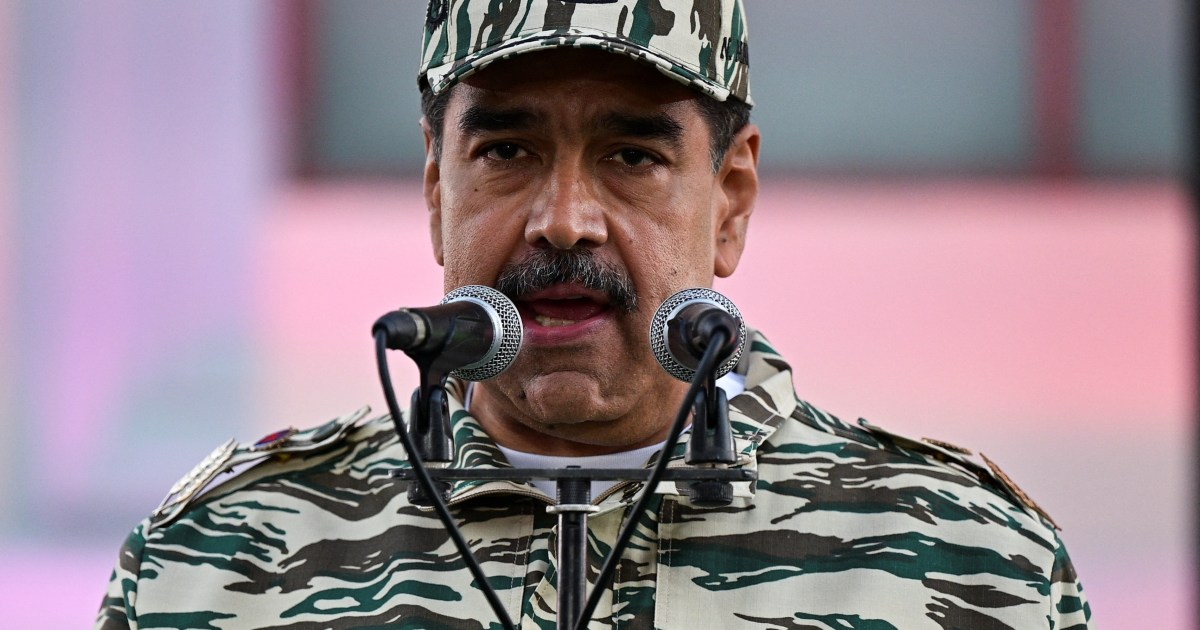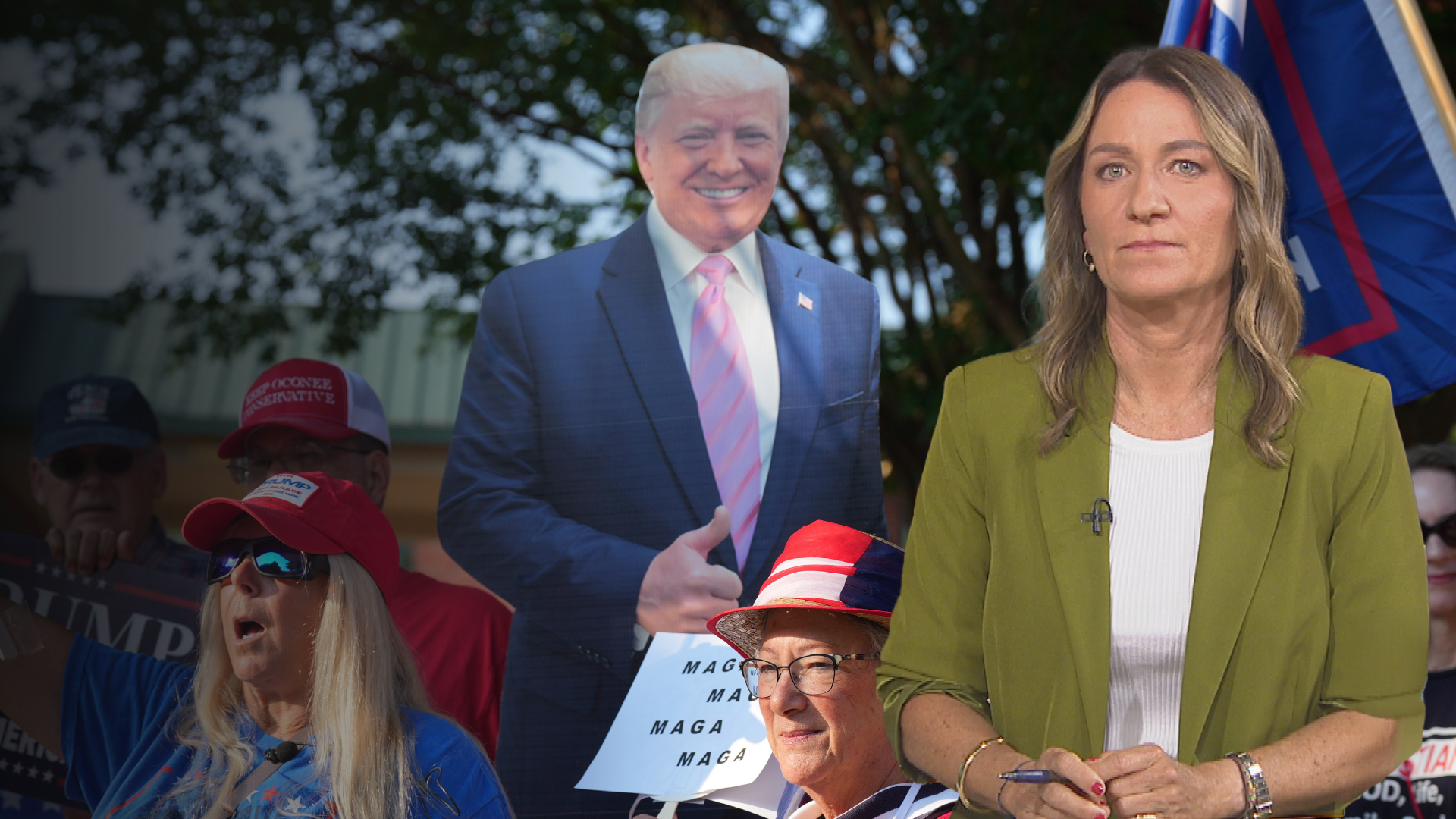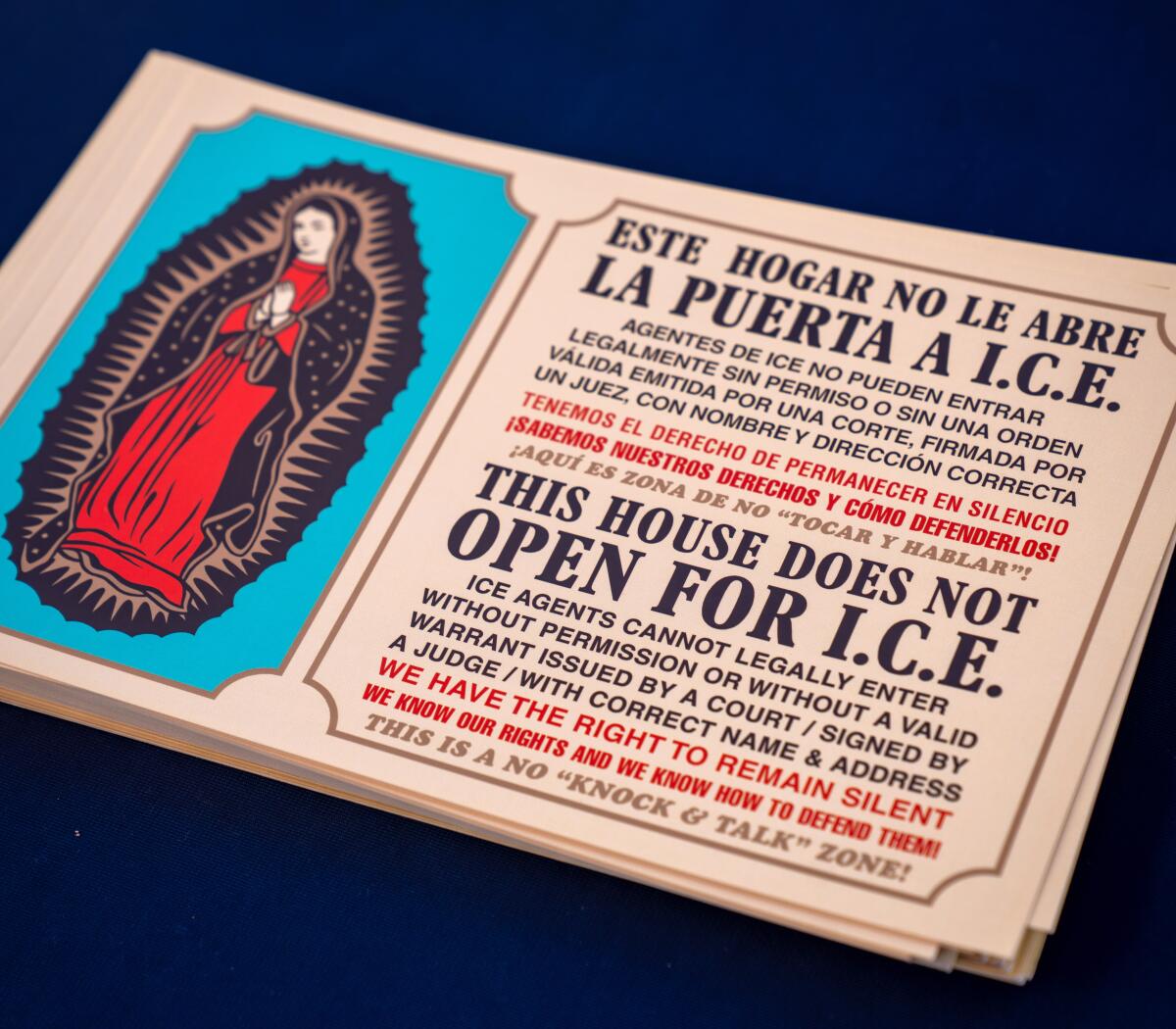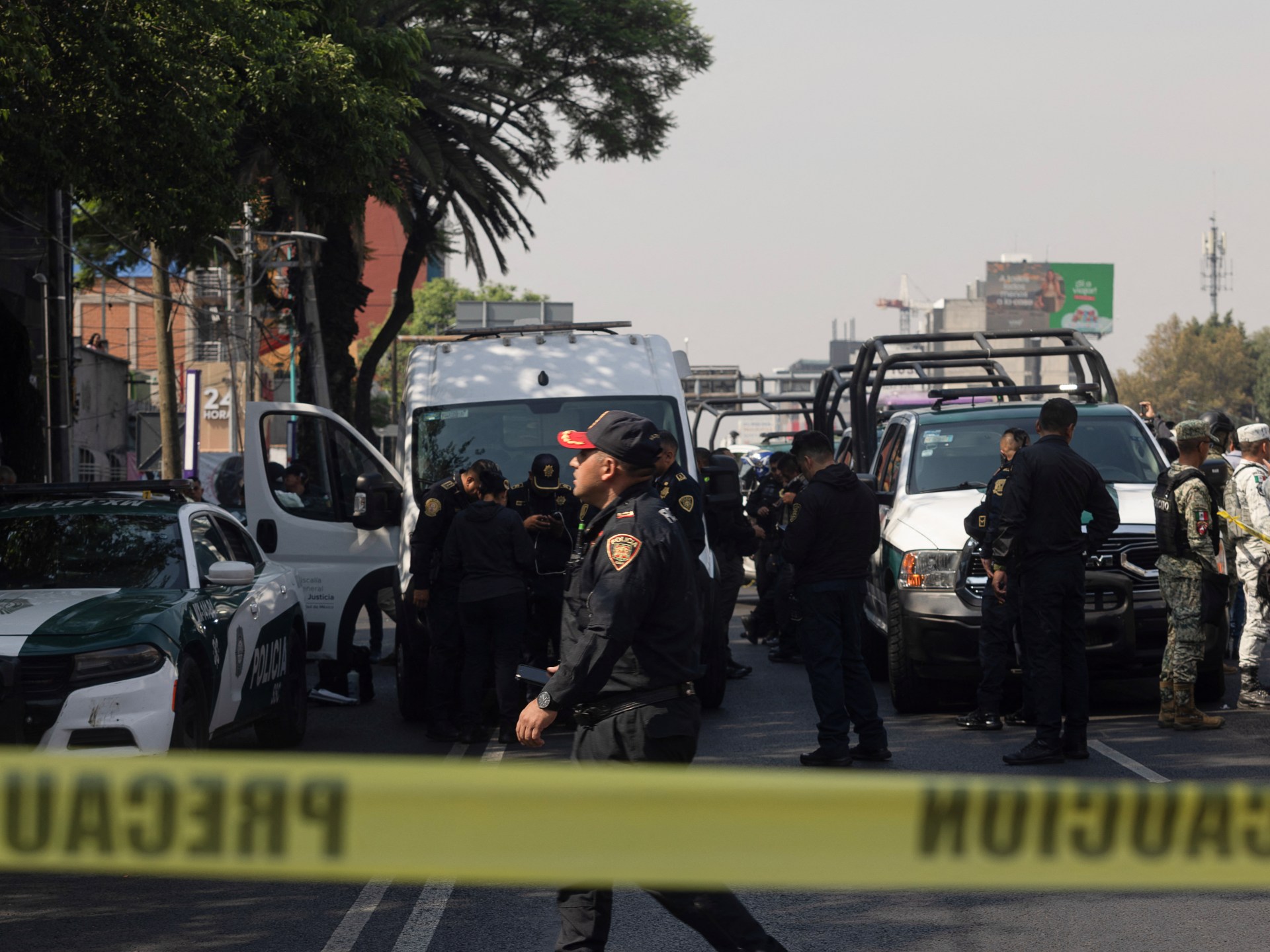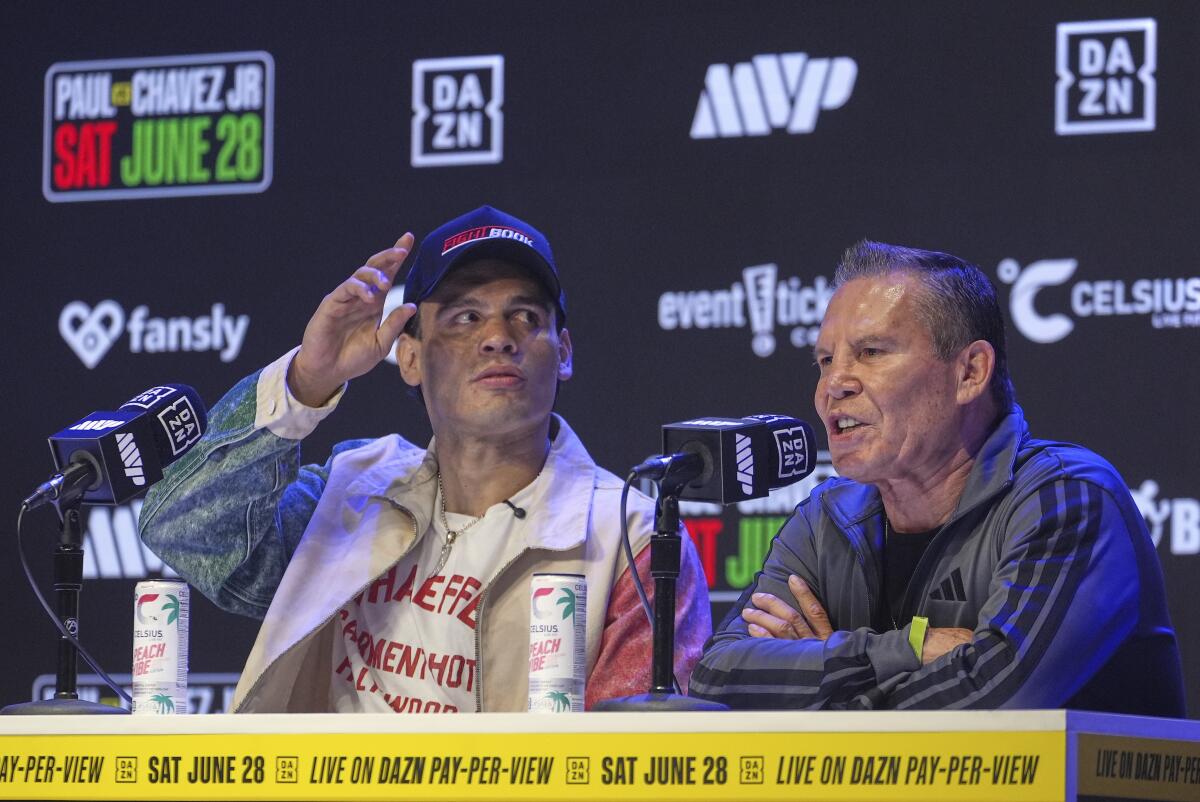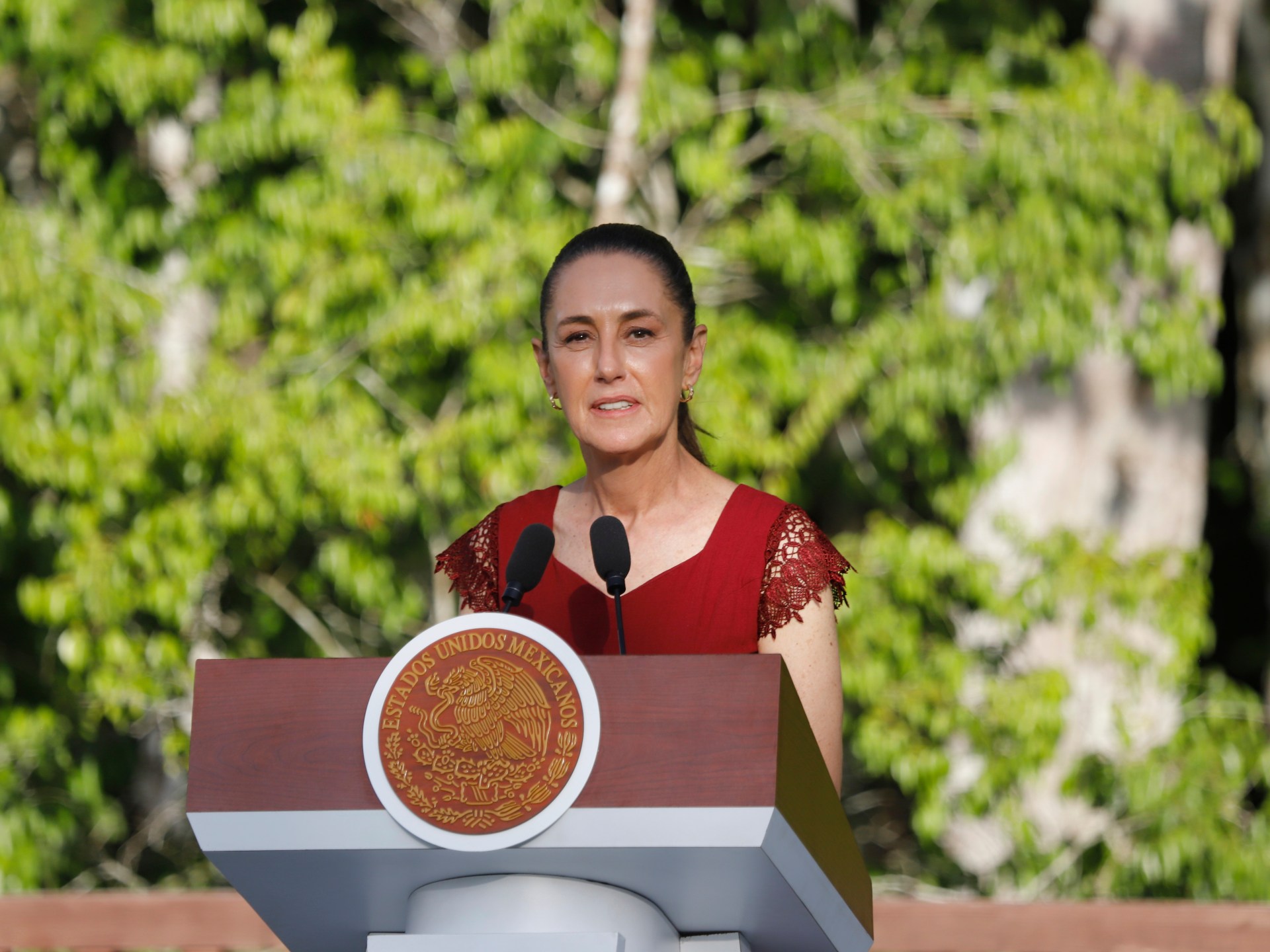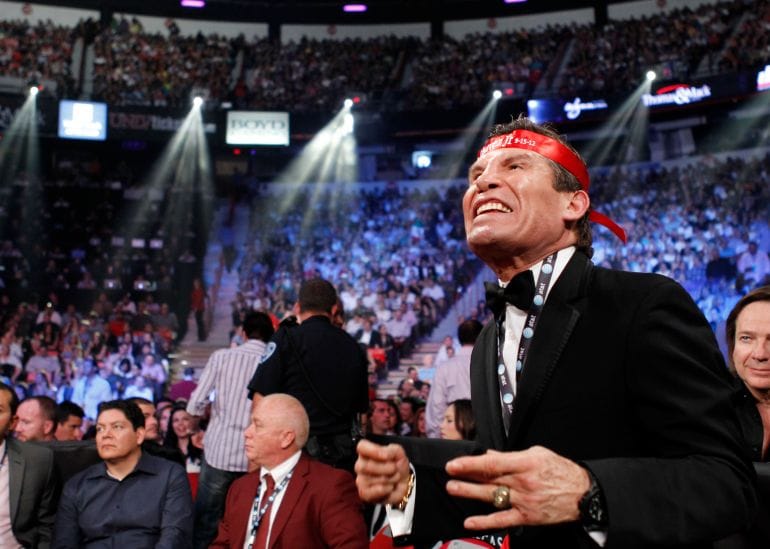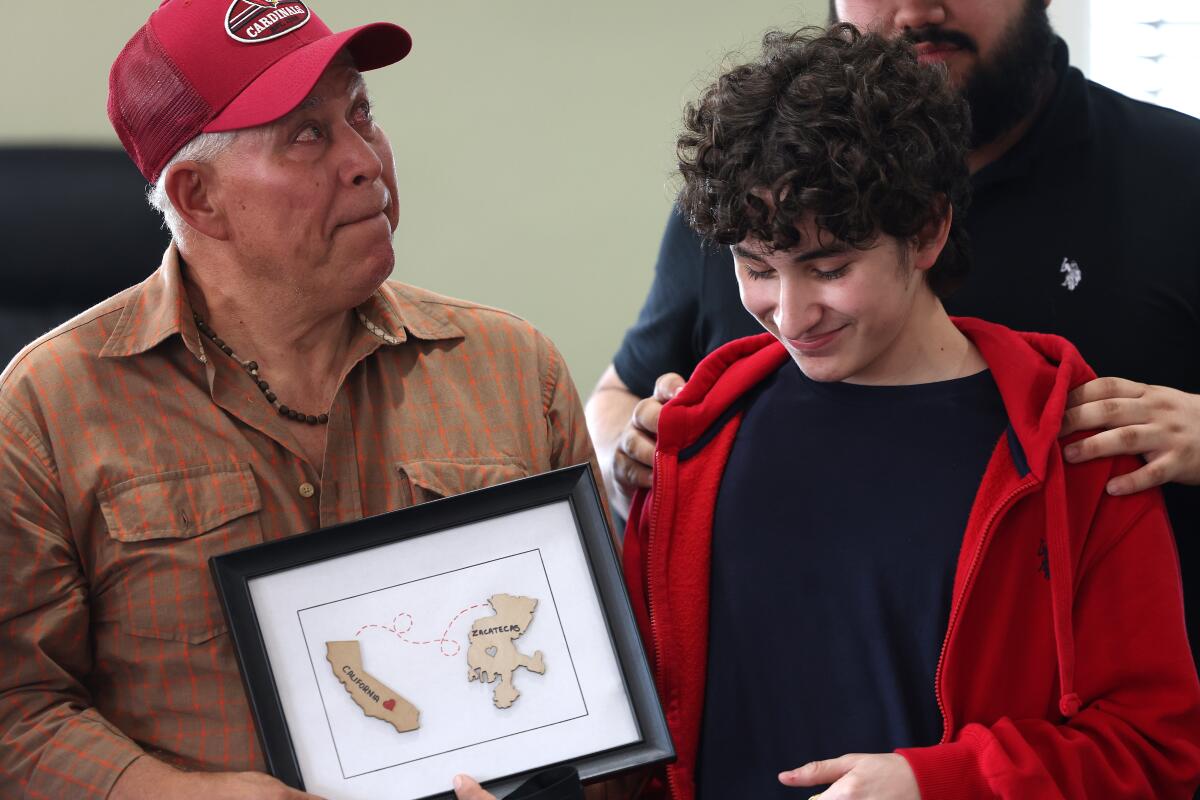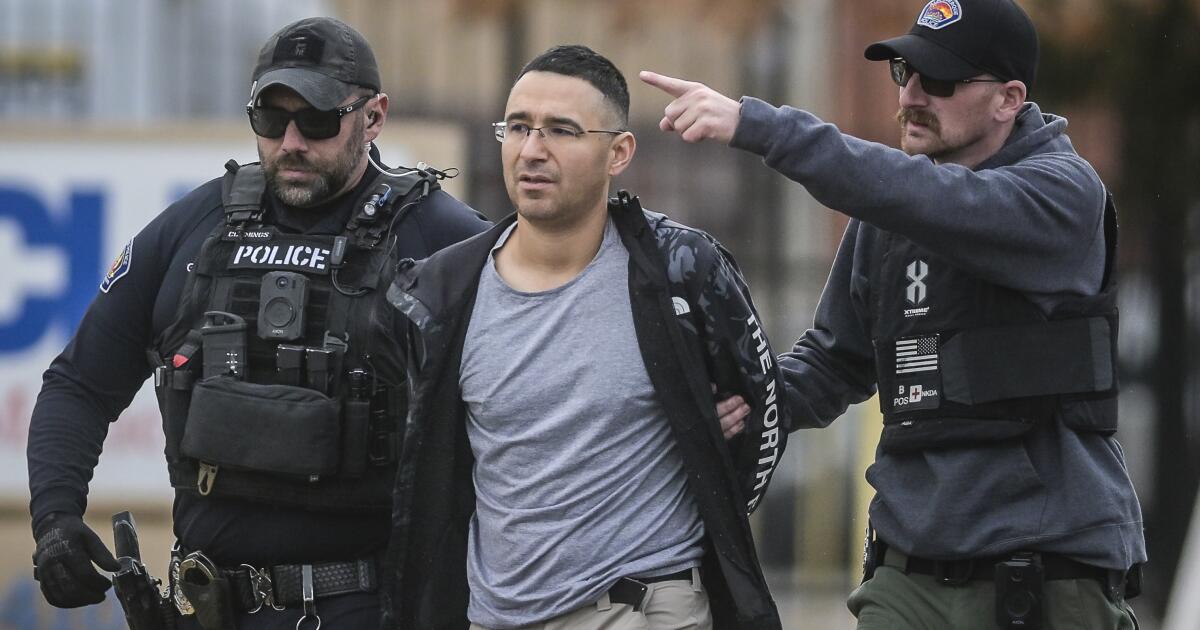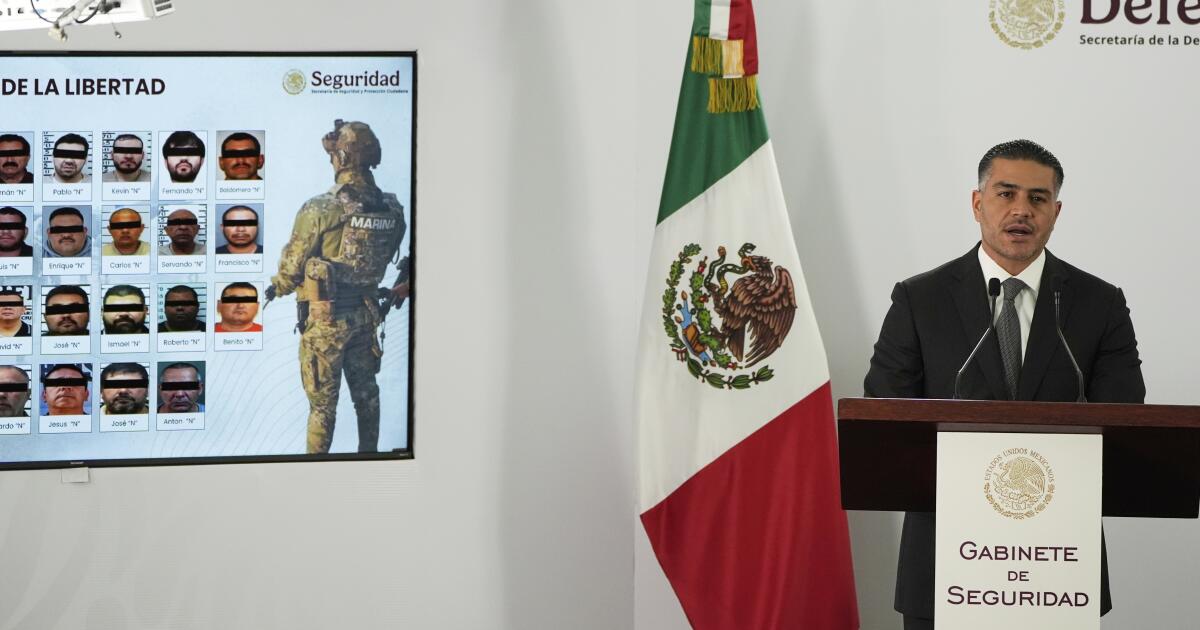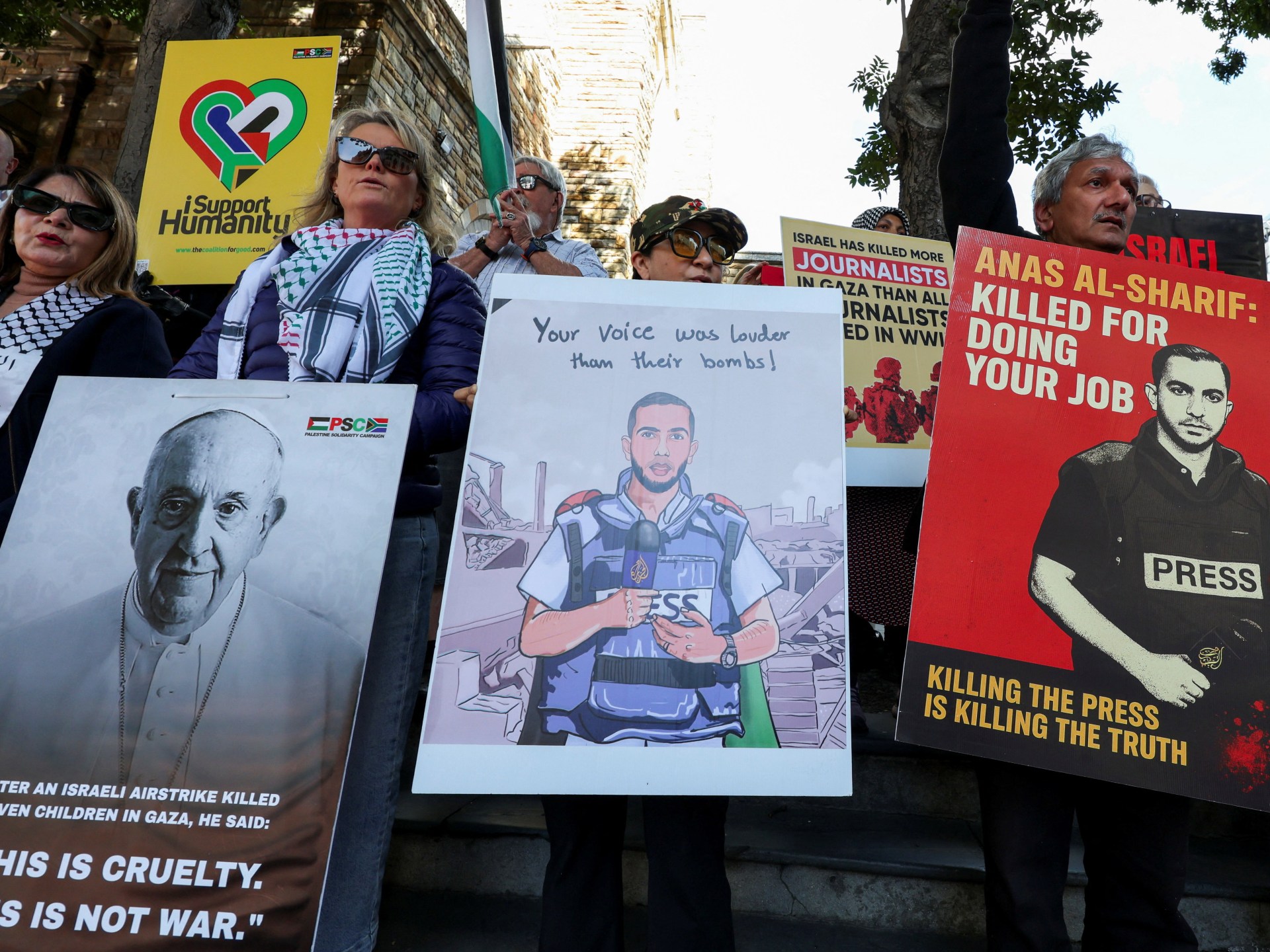Foreign tourism to the US drops amid Trump-era policies | Donald Trump News
The number of foreign visitors to the United States continues to decline, as a range of policies put forth by the administration of US President Donald Trump has made tourists wary of travelling to the country.
In July, foreign visits to the US decreased by 3 percent year-over-year, according to recently released preliminary government data.
That decrease follows a trend that has been seen almost every month since Trump took office in late January. For five out of six months, the US has experienced a drop in foreign visitors.
“Everyone is afraid, scared – there’s too much politics about immigration,” Luise Francine, a Brazilian tourist visiting Washington, DC, told Al Jazeera.
Experts and some local officials say Trump’s tariffs, immigration crackdown and repeated jabs about the US acquiring Canada and Greenland have alienated travellers from other parts of the world.
Ryan Bourne, an economist at the Cato Institute, told Al Jazeera that the decline in tourism was tied to both Trump’s rhetoric and policies.
“[The decrease] can be put down to the president’s trade wars and some of the fallout about fears about getting ensnared in immigration enforcement.”
Travel research firm Tourism Economics predicted last week that the US would see 8.2 percent fewer international arrivals in 2025 – an improvement from its earlier forecast of a 9.4 percent decline, but well below the numbers of foreign visitors to the country before the COVID-19 pandemic.
“The sentiment drag has proven to be severe,” the firm said, noting that airline bookings indicate “the sharp inbound travel slowdown” of May, June, and July would likely persist in the months ahead.
While the July 2025 figures don’t account for neighbouring Canada and Mexico, Canadian visitors in particular have been plummeting in number. One-quarter fewer Canadians have visited the US this year compared to the same period in 2024, according to Tourism Economics.
In a major U-turn, more US residents drove into Canada in June and July than Canadians made the reverse trip, according to Canada’s national statistical agency.
Statistics Canada stated that this was the first time this had occurred in nearly two decades, except for two months during the pandemic.
‘Visa integrity fee’
Mexico, by contrast, has been one of the few countries to see tourism to the US increase. Overall, US government figures show that travel from Central America grew 3 percent through May and from South America 0.7 percent, compared with a decline of 2.3 percent from Western Europe.
But countries that have typically sent huge numbers of visitors to the US have seen major dips.
Of the top 10 overseas tourist-generating countries, only two – Japan and Italy – saw a year-over-year increase in July. Visitors from India, which ranks second, dipped by 5.5 percent, while those from China dropped nearly 14 percent.
India has seen previously warm relations sour under the Trump administration, amid steep tariffs and geopolitical tensions, while a trade war and Trump’s (since-reversed) broadsides against Chinese students have raised concerns among Chinese tourists.
Deborah Friedland, managing director at the financial services firm Eisner Advisory Group, said the US travel industry faced multiple headwinds – rising travel costs, political uncertainty and ongoing geopolitical tensions.
Since returning to office for a second term in January, Trump has doubled down on some of the hard-line policies that defined his first term, reviving a travel ban targeting mainly African and Middle Eastern countries, tightening rules around visa approvals, and ramping up mass immigration raids.
At the same time, the push for tariffs on foreign goods that quickly became a defining feature of his second term gave some citizens elsewhere a sense that they were unwanted.
A new $250 “visa integrity fee”, set to go into effect on October 1, adds a hurdle for travellers from non-visa waiver countries like Mexico, Argentina, India, Brazil and China. The extra charge raises the total visa cost to $442, one of the highest visitor fees in the world, according to the US Travel Association.
“Any friction we add to the traveller experience is going to cut travel volumes by some amount,” said Gabe Rizzi, president of Altour, a global travel management company. “As the summer ends, this will become a more pressing issue, and we’ll have to factor the fees into travel budgets and documentation.”
International visitor spending in the US is projected to fall below $169bn this year, down from $181bn in 2024, according to the World Travel & Tourism Council.
In May, the group projected that the US would be the only country among the 184 it studied where foreign visitor spending would fall in 2025. The finding was “a clear indicator that the global appeal of the US is slipping”, the group said.


